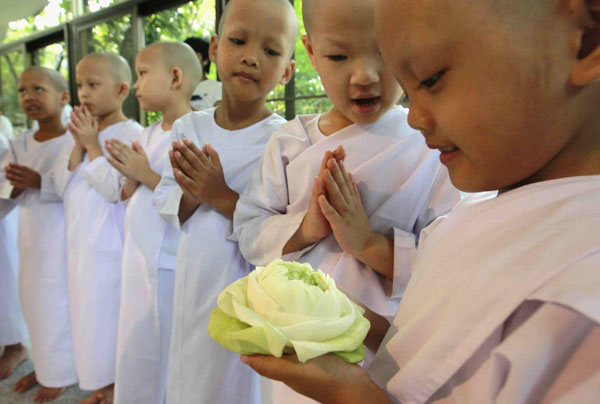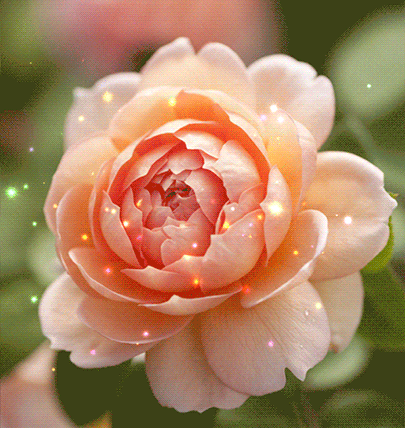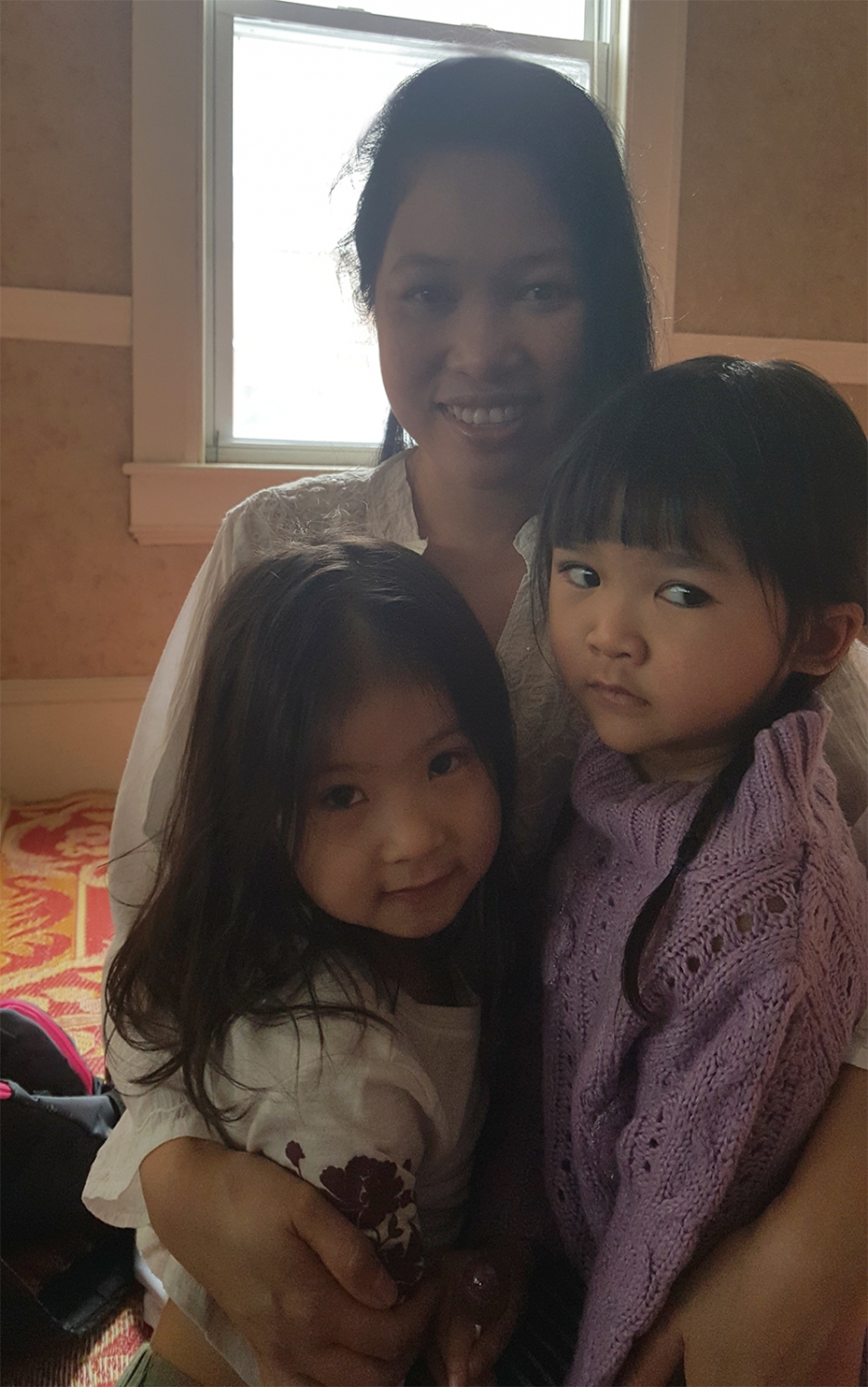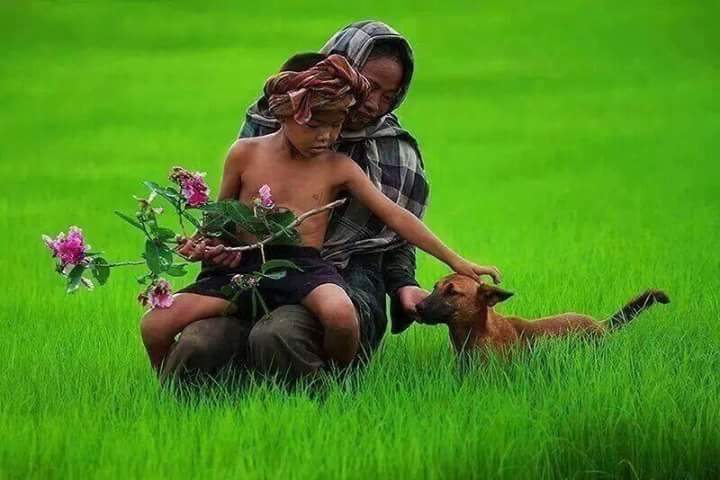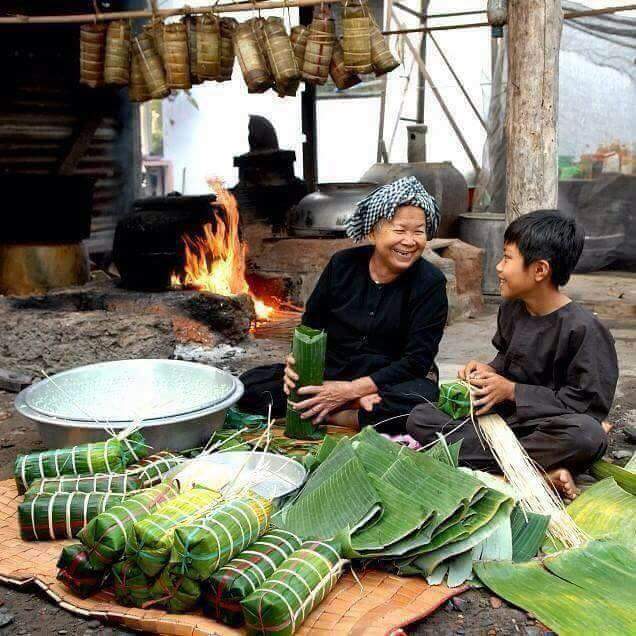The Five Precepts
Pañca-sila
These basic training rules are observed by all practicing lay Buddhists. The precepts are often recited after reciting the formula for taking refuge in the Buddha, Dhamma, and Sangha.
The Five Precepts:
1. Panatipata veramani sikkhapadam samadiyami
I undertake the precept to refrain from destroying living creatures.
2. Adinnadana veramani sikkhapadam samadiyami
I undertake the precept to refrain from taking that which is not given.
3. Kamesu micchacara veramani sikkhapadam samadiyami
I undertake the precept to refrain from sexual misconduct.
4. Musavada veramani sikkhapadam samadiyami
I undertake the precept to refrain from incorrect speech.
5. Suramerayamajja pamadatthana veramani sikkhapadam samadiyami
I undertake the precept to refrain from intoxicating drinks and drugs which lead to carelessness.
Five faultless gifts
“There are these five gifts, five great gifts — original, long-standing, traditional, ancient, unadulterated, unadulterated from the beginning — that are not open to suspicion, will never be open to suspicion, and are unfaulted by knowledgeable contemplatives & brahmans. Which five?
“There is the case where a disciple of the noble ones, abandoning the taking of life, abstains from taking life. In doing so, he gives freedom from danger, freedom from animosity, freedom from oppression to limitless numbers of beings. In giving freedom from danger, freedom from animosity, freedom from oppression to limitless numbers of beings, he gains a share in limitless freedom from danger, freedom from animosity, and freedom from oppression. This is the first gift, the first great gift — original, long-standing, traditional, ancient, unadulterated, unadulterated from the beginning — that is not open to suspicion, will never be open to suspicion, and is unfaulted by knowledgeable contemplatives & brahmans… Continue reading


